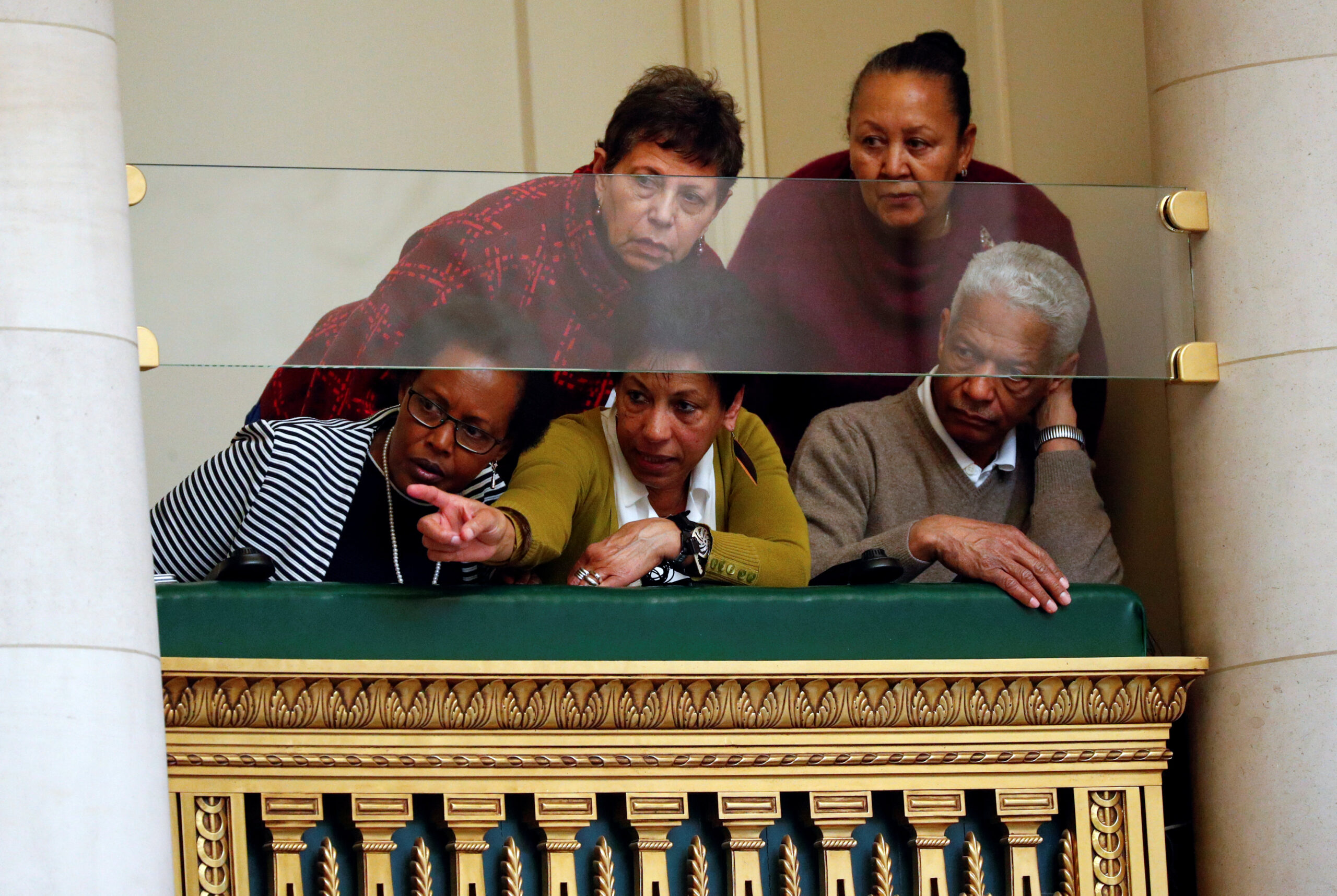
Belgium apologises for kidnapping children from African colonies

Belgium’s prime minister, Charles Michel, on Thursday apologised on behalf of the state for the kidnapping of mixed-race children at the end of the colonial period in Burundi, Congo, and Rwanda.
The “métis” children, the product of relationships between settlers and local women, were torn away from their mothers and taken to Belgium, where they were fostered by Catholic orders, among other institutions, between 1959 and 1962.
Around 20,000 children, born in the 1940s and 50s, were affected by the scandal.
They did not automatically receive Belgian nationality and often remained stateless. Many of the fathers also refused to acknowledge paternity of their children.
“Throughout Belgian colonial Africa, a system of targeted segregation of métis and their families was maintained by the Belgian state and acts were committed that violated the fundamental rights of peoples,” he said, using the term for mixed-race people.
“This is why, in the name of the federal government, I recognize the targeted segregation of which métis people were victims” under Belgian colonial rule in Africa, and “the ensuing policy of forced kidnapping” after independence, he added.
Two years ago, the Catholic church apologised for its role in the scandal. However
this is the first time that Belgium has responsibility for the harm the country inflicted on the Central African nations, which it colonized for eight decades.
Last year, Belgian MPs voted in favour of a resolution calling on the government to help children that were affected to find their biological parents.
Belgium’s rule of Belgian Congo was particularly brutal, and an estimated 10 to 15 million Africans were killed during the colonial period.
The newly named Belgian Congo, which included the whole of the present-day Democratic Republic of the Congo, gained independence from Belgium in 1960.
In February, a UN working group advised in a preliminary report that Belgium apologise for its colonial past.






